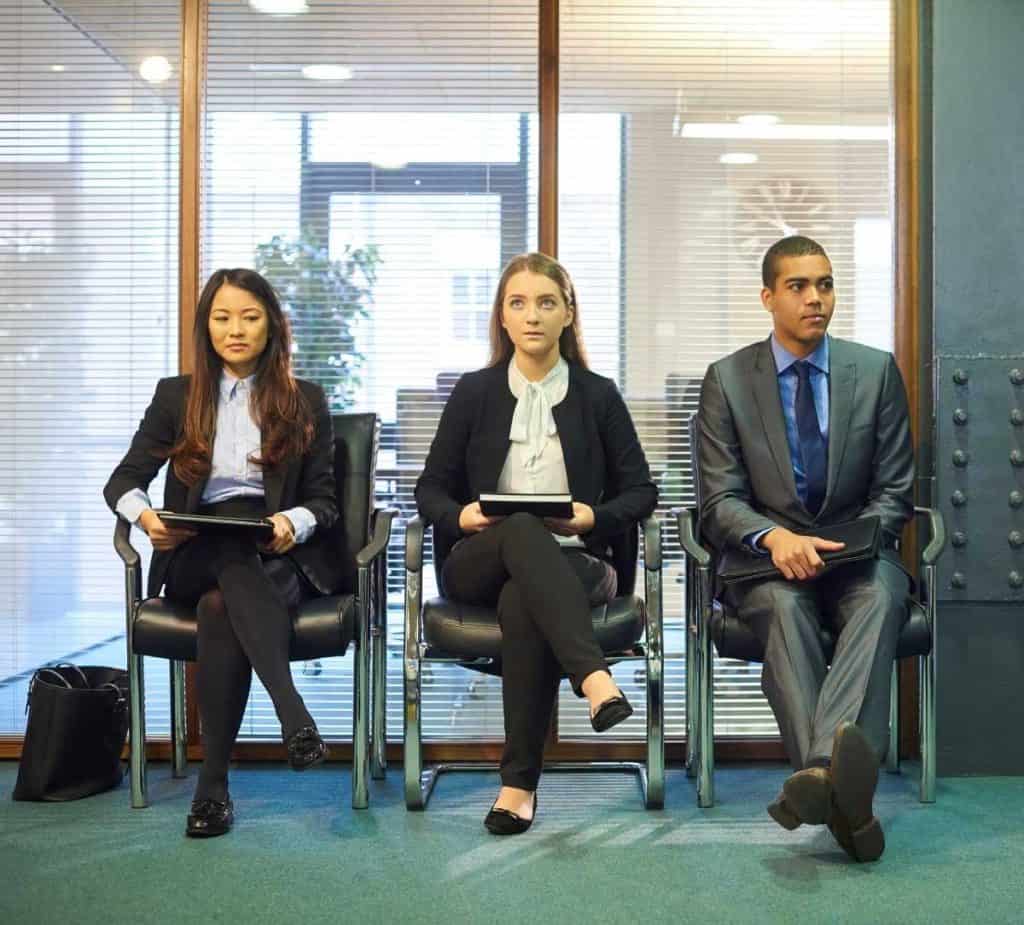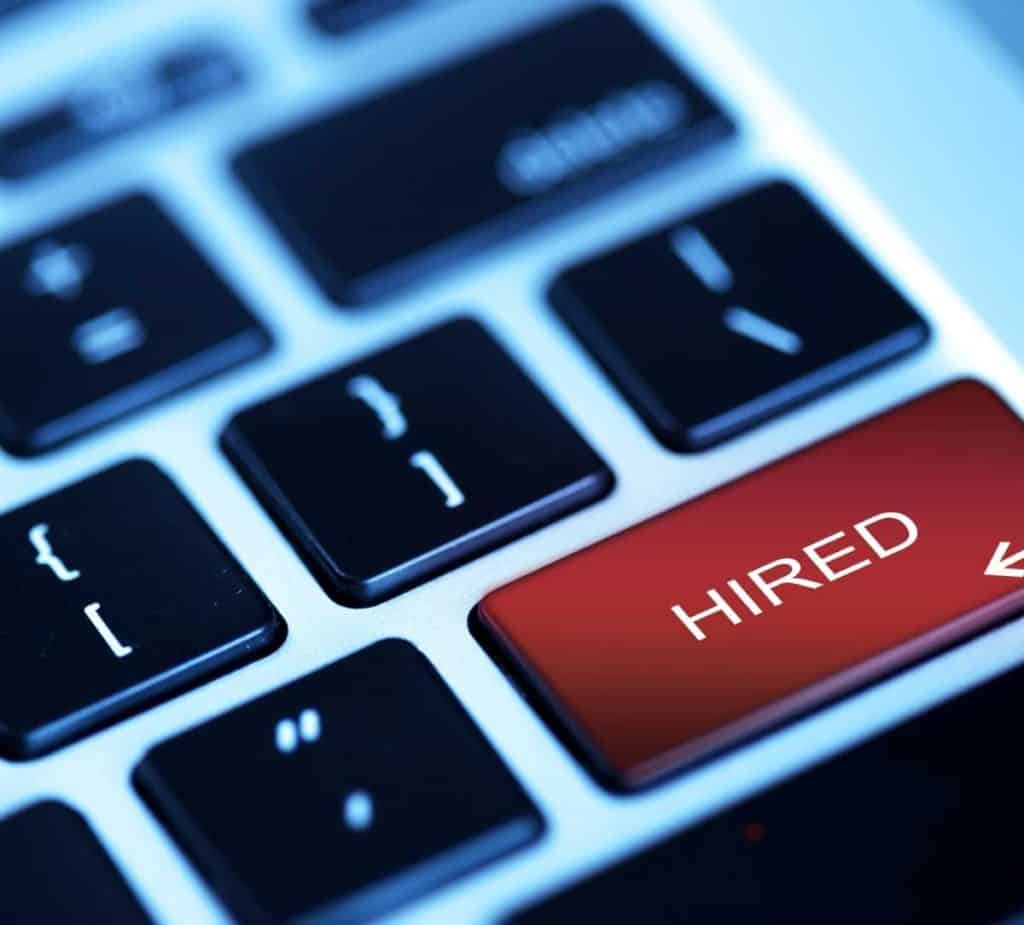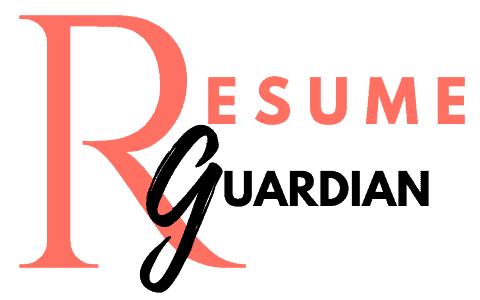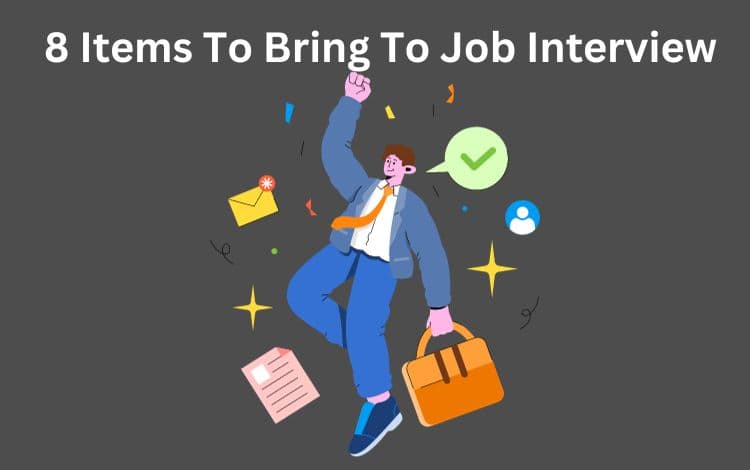
Congratulations! if you have made it to the final interview round.
Making it to the final rounds of interviews means that your resume works and you have the necessary skills to do the job.
Candidates who make it to the final interview have the hard skills to do the job and possess soft skills such as Professional Attitude, Good Personality, Interpersonal and Communication Skills, Team Work, Adaptability, and Analytical Skills.
Be as confident as you were in your initial interviews, and prepare for the final round with the same enthusiasm and passion.
In this article, we explore the various facets of final interviews:
- How many candidates make it to the final interview?
- Does a Final Interview Mean I Got the Job?
- What Are The Chances of Getting a Job After Final Interview?
- What Percentage of The Interview Determines The Hiring Decision?
So let’s dive right in.
How Many Candidates Usually Make It To Final Interview?

The number of candidates who make it to the final interview depends on the job role and the number of applications received for that position.
Usually, employers shortlist around 2-4 candidates for the final round and try to complete the interviews on the same day. This makes the final selection process much more manageable and easier, and candidates can be compared when their performance is still fresh in memory.
But this may not always be the case. There are instances where employers have multiple job openings and could shortlist more than four candidates for the final round. If the interviewer feels a candidate might be more suited for another role, they recommend the candidate for that role if the applicant is willing.
When you get invited to the final round of interviews, you compete with the best candidates for that role. Below are tips that could help you to put your best foot forward:
- Make an excellent first impression – On average, the interviewer forms an opinion about you in the first 30 seconds. Arrive early, dress professionally, smile, and greet your interviewer politely and friendly. This should take care of making good first impressions.
- Be prepared – Bring copies of your resume or portfolio, revise topics from your prior interviews to continue the conversation when needed, be ready to share more experiences from your prior jobs, and come prepared with a list of questions to ask the hiring manager.
- Relax and get a good night’s sleep – You must be confident and relaxed to show high enthusiasm and excitement for the job opening. Getting a good night’s sleep will help your body destress and calm down.
Finally, be aware that getting that job offer may not be because you performed poorly or because there were candidates better than you in the interview. There could be other reasons, like the hiring manager did not want an over-qualified candidate for that role, or maybe the position was already finalized for an internal hire, and the interview was just for formality.
Give your best shot in every interview, whether it’s your first round or final round. The outcome is beyond your control – the preparation and efforts are in your control.
Usually employers shortlist around 2-4 candidates to the final round, and try to complete the interviews on the same day.
Does a Final Interview Mean I Got the Job?

Getting your initial rounds of interviews means that your resume is working. Your resume getting noticed is like knocking on the door, and the initial interview rounds are like the door opening.
After several rounds of interviews, if you make it to the final interview, it proves that you have the skills for the job and can do the company’s desired work.
Things to do after your interview:
- Next Steps and Contact Info – When the interview is finished, hiring managers will usually inform you about the next steps. But, if they don’t, remember to ask the interviewer about the next steps and get their contact information.
- Send Thank you Note after Interview – Express gratitude for the interviewer’s time, and add statements reinforcing your interest in the job. You can give a personal touch by adding something the interviewer discussed with you during the interview.
- Contact your References – If you’ve provided references to the interviewer, call up your references and notify them that they might be called so they are not surprised when the interviewer calls them.
- Have Patience – Do not keep following up with the interviewer on the final results, and you don’t want to appear desperate or annoying to the hiring managers. Show patience, remain calm, and get comfortable with waiting.
After several rounds of interviews, if you made it to the final interview, then it proves that you have the skills for the job and you can do the work that the company wants
What Are The Chances of Getting a Job After a Final Interview?

The final interview might have 2-4 applicants getting interviewed, and hiring managers take the final decision comparing the overall performance. Your chances of getting that job offer are roughly 25% to 50%.
A lot depends on how many applicants applied for the same job, their performance compared to yours, and the hiring manager’s comfort level in finalizing a candidate onto their team.
And if you’re not selected, it does not always mean performance issues. It could be because you’re overqualified for that role, the hiring manager can’t afford you, or the employer already finalized the candidate before the interview rounds.
So in case you’re not selected, go easy on yourself – keep applying for jobs and keep attending interviews. If your resume has got you the interviews, and you’ve proceeded to the final rounds, then it definitely shows that you have got the necessary skills for that job role.
During your interview, observe for subtle signs from the interviewer that could indirectly indicate that you might get the job after your final interview:
- Direct Indicators from Interviewer – Sometimes, the interviewer might tell you they’re impressed with your expertise and work and wish to have you on board. In other cases, they might give you indirect verbal clues that they’re interested in having you join the team.
- Extended Interview Time – Every candidate is given an approximate interview end time. Assume that your interview is going well. It could go over time as the interviewer gets involved in the discussion and assesses your suitability for the role.
- Discussion on Next Steps – If the interviewer discusses the next steps with you – for instance, your start date, notice period, work location, etc., these are positive signs that the interview went well and they’re interested in proceeding with your application.
- References – At the initial stages of a job application, getting asked for references is usual. But after your final interview, if the hiring manager asks you for references, it’s a positive sign that the interviewer is most probably interested in you and would like to proceed further and validate what you’ve said during the interview.
The final interview might have 2-4 applicants getting interviewed, and hiring managers take the final decision comparing the overall performance.
What Percentage of The Interview Determines The Hiring Decision?

There’s a general belief that interviewers tend to decide whether to hire the candidate within the first few minutes of the interview. This is a myth and has not proven to be true.
Statistics show that 69.9% of hiring decisions are made after the first five minutes of the interview.
17.7% of decisions are made after the first 15 minutes, and 22.5% after the interview has ended.
Sure, first impressions make a difference, but that’s insufficient to get that job offer. Generally, the longer the interview, your chances to impress the hiring manager increase, and so does your chances to grab that job offer.
Below are some techniques you could use to improve your chances of impressing the interviewer and getting hired.
- Build Rapport with the Interviewer – Generally, a candidate’s ability to build rapport with the hiring manager through small talk, unrelated to the structured interview, makes the interviewer comfortable and influences their hiring decision. Practicing responses to typical conversation starters is a great skill to enhance your chances of getting selected.
- Early Interview– If you can select your interview slot, try to avoid the last slot of the day. See if you could get the earliest possible slots; mornings are better. This is so because if the interviewer has a couple of candidates lined up for an interview, they usually tend to make the final decision after interviewing the first few candidates.
There’s a general belief that interviewers tend to decide whether to hire the candidate within the first few minutes of the interview. This is a myth and has not proven to be true






